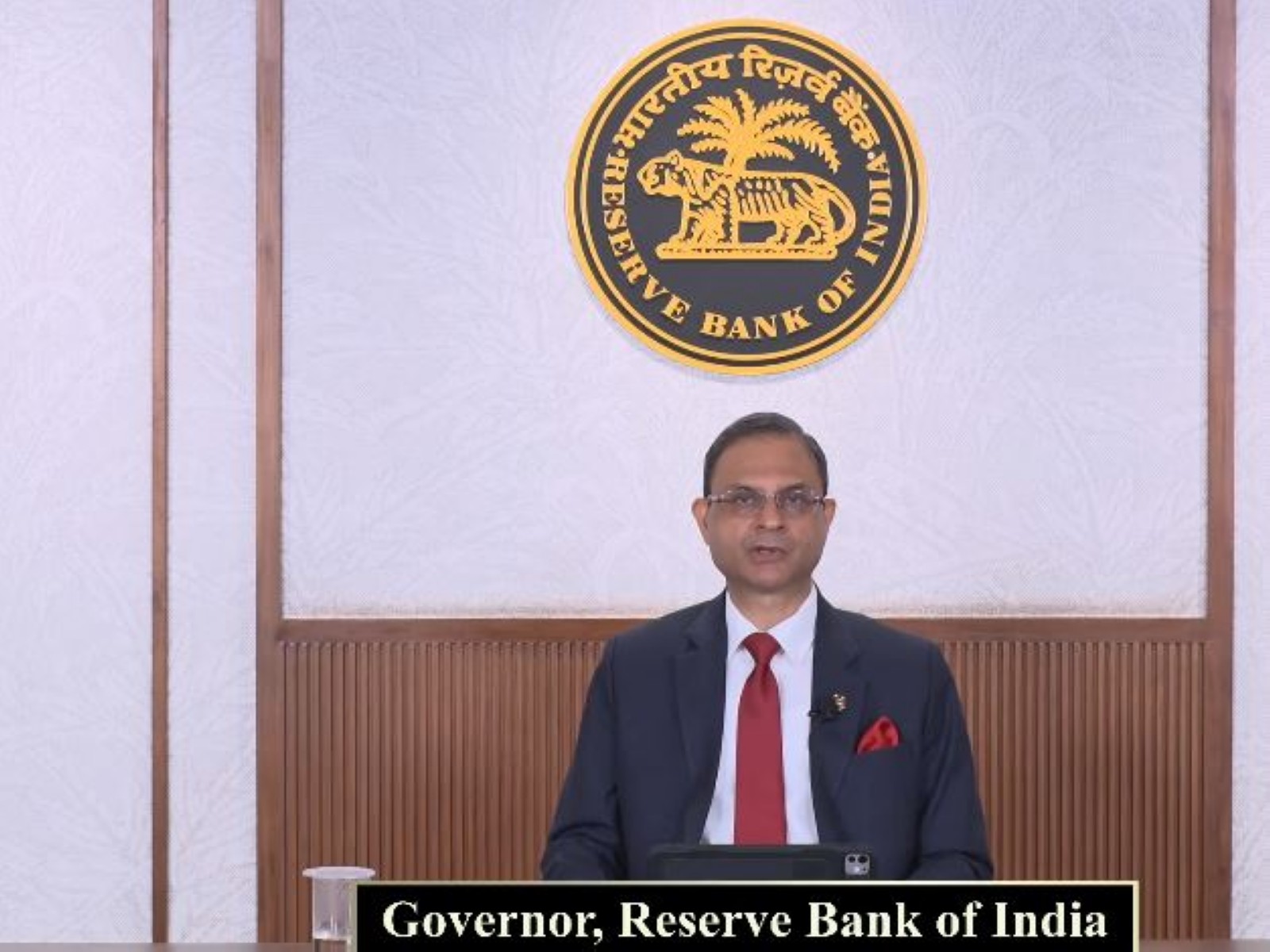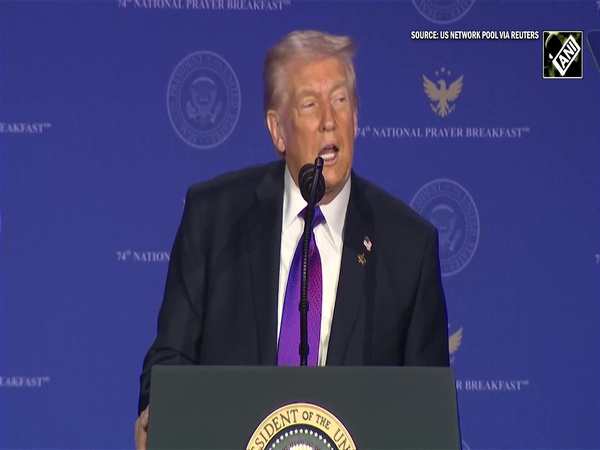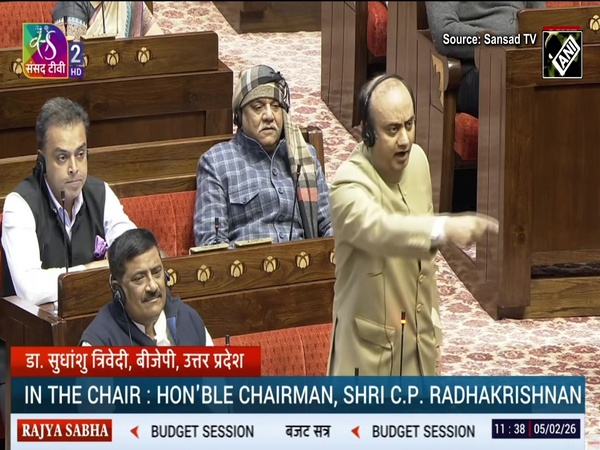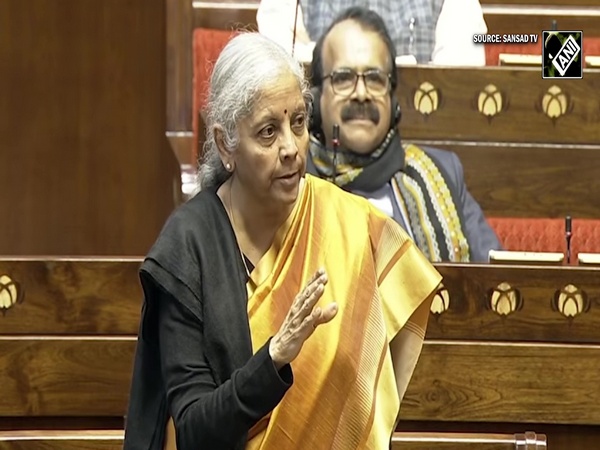SEBI brings consultation paper on F&O trading; proposes measures to protect retail investors
Jul 30, 2024

New Delhi [India], July 31 : The Securities and Exchange Board of India (SEBI) has proposed tighter norms to protect small retail investors from the high risk return in the derivative trading.
The market regulator brought in a consultation paper on Tuesday with many proposed changes, including increasing the minimum contract size for F&O trading to Rs 20 lakh.
Currently, the minimum size required for the contract is Rs 5 lakh to Rs 10 lakh. SEBI has proposed to increase it to Rs 15-20 lakh in the first phase and then Rs 20-30 lakh in the second phase.
The regulator views that a higher value of contract size will deter retail investors from participating in it.
"Given the inherently higher risk in derivatives and the large amount of implicit leverage, an increase in the minimum contract size would result in the reverse sachetization of such risk-bearing products," said SEBI's consultation paper.
The consultation paper also suggests mandating the collection of options premium upfront from the option buyers. This is to avoid any undue intraday leverage to end clients and to discourage market wide practice, if any, of allowing positions beyond the collateral to the end client.
As the consultation paper said, "Options prices, depending on the money, move in a non-linear way and thus carry very high implicit leverage. These are timed contracts with possibility of very fast-paced price appreciation as well as depreciation. In order to avoid any undue intraday leverage to end client and to discourage any market-wide practice of allowing position beyond the collateral at the end client level, it is desirable to mandate collection of options premium upfront by TM or CM from the options buyer."
The paper also proposed that, given the evolving market structure, the position limits for index derivative contracts should be monitored by clearing corporations and stock exchanges on intra-day basis with an appropriate short term fix.
It also suggested that the strike interval be uniform near the prevailing index price (4 percent around the prevailing price) and that the interval increase as the strikes move away from the prevailing price (around 4 to 8 per cent). There are not more than 50 strikes to be introduced for an index derivatives contract at the time of contract launch.
New strikes to be introduced to comply with the aforesaid requirement on a daily basis and exchanges to uniformly implement and operationalize the aforesaid principles after joint discussion.
To enhance investor protection and promote market stability, the paper suggests that weekly options contracts should be provided on single benchmark index of an exchange.
In the paper, SEBI has also proposed to increase the Extreme Loss Margin (ELM) from 3 per cent to 5 per cent. The regulator views that the issue of high implicit leverage in options contracts near expiry creates a high notional risk for entities dealing in options and can be addressed by this.
The market regulator has noted that in FY24, 92.5 lakh retail investors and proprietorship firms have suffered a loss amounting to Rs 51,689 crore.
SEBI had earlier formed an Expert Working Group to examine the issue. The immediate, near term recommendations of the group were deliberated by the Secondary Market Advisory Committee of SEBI, pursuant to which the regulator has made these proposals.

















